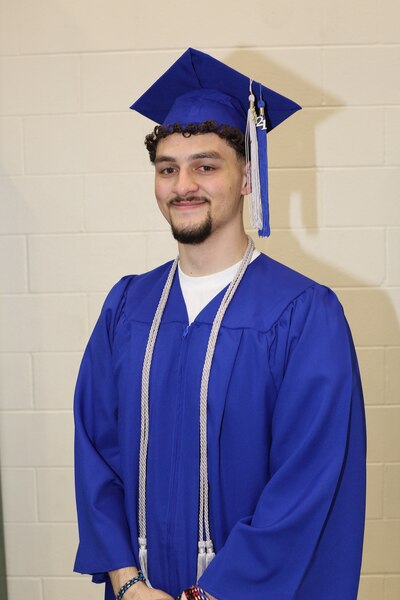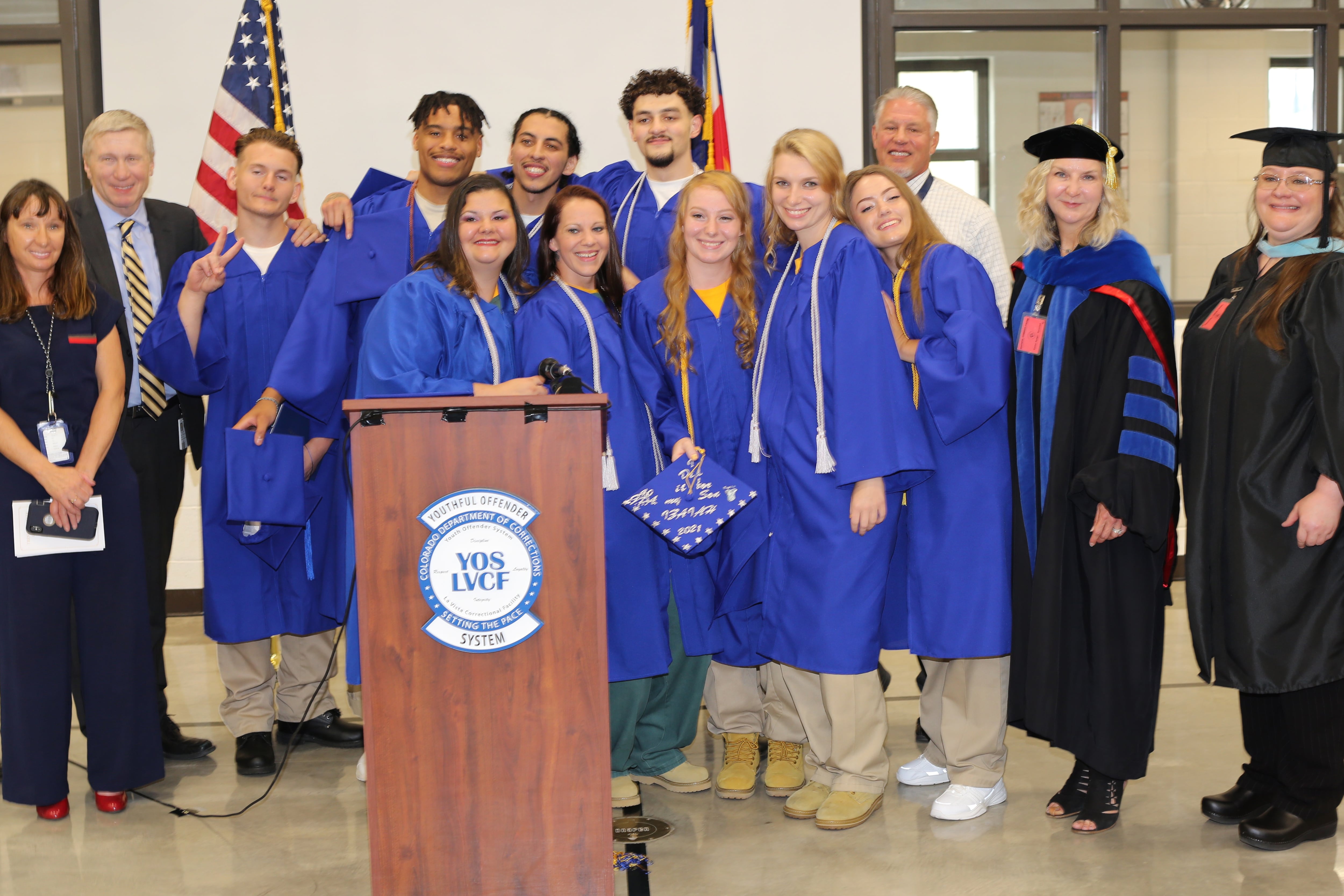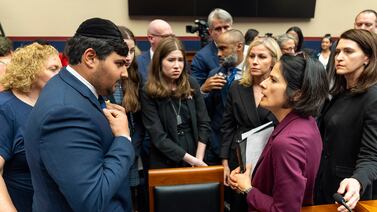In bringing college classes to more incarcerated people, Colorado officials hope to both enlighten students and cultivate significant social benefits.
The federal government plans to almost double the number of colleges nationwide offering incarcerated people the ability to earn a college degree and to enable them to once again qualify for federal Pell Grants to cover tuition and other educational expenses.
In Colorado, several institutions have indicated interest in joining, and state officials hope they can offer four-year degrees to students. So far, only Trinidad State College in southern Colorado has participated in the federal Second Chance Pell Experimental Sites Initiative.
Graduate Demitrius Herron, 23, said the program feels more like a first chance at a good education for many. Herron entered the Youthful Offender System at age 17. During his six-year sentence, he said he took numerous classes, eventually taking advantage of the Trinidad State Second Chance Pell program. He graduated with two associate degrees — one in science and one in the arts.

He said the program takes people at their lowest point, “and someone says to you, ‘Hey, here’s my hand. Let me help you up.’”
Numerous studies have shown the benefits of prison education, including lowered social costs and recidivism rates. About 90% of incarcerated people will be released from prison, said Melissa Smith, Colorado Department of Corrections assistant director of prison programs.
The program benefits not only students, but also their families and communities, Smith said.
The federal program, which began in 2015 under the Obama administration, offers classes from 131 colleges to incarcerated students in 42 states. The federal government plans to add 69 schools, opening up the possibility for more Colorado colleges and universities to participate.
The U.S. will also expand federal financial aid eligibility to incarcerated students starting in July 2023. Incarcerated people haven’t been eligible for federal aid since 1994, when Congress passed a tough-on-crime bill sponsored by then-Sen. Joe Biden. The number of students who were receiving an education in prison dropped off significantly.
For decades previously, incarcerated people had access to federal aid.
The Second Chance Pell program gives incarcerated students the ability to gain the necessary skills to thrive once they exit the prison system, Smith said. The program also helps instill in families that education can lead to good job opportunities, she said. Potentially, it can lead to stopping a cycle of imprisonment that plays out among families of color and those who are low income.
Herron said he’s thankful for the education he received while in the Pueblo Youthful Offender System, a maximum security facility housing people ages 14 to 25 sentenced as adults. The Second Chance program truly provides a chance to better your life, he said.
“There’s a lot of people who were victims of circumstance,” he said. “They weren’t given the belief or confidence that they had all the same opportunities as everyone else.”
When he entered prison, Herron said he wasn’t confident. He was sad and depressed. But education helped him grow in ways he never thought possible. He was a speaker at his graduation ceremony, graduated magna cum laude, and after release, enrolled at Colorado State University Pueblo.
Trinidad State College began enrolling students through the program in 2020 and enrolled about 74 incarcerated students in the fall, according to LiAnn Richardson, the college’s division chair for prison education.
Eleven incarcerated students in the fall 2020 class have earned associate degrees.
Even before the Second Chance Pell program, the college taught incarcerated students. It offered an entrepreneurship program.
Trinidad partners with about 10 prisons. Instructors use online platforms to teach to students across the state. The original plan was for professors to teach classes in the prison, but COVID made those plans difficult, Richardson said. In most cases, students aren’t allowed to work on computers and must use paper and pencil to do their work.
Richardson said she hopes more schools will step up. She wants students to have the chance to earn a bachelor’s degree while in prison.
“Trinidad State can only offer so much. We’re just not a big institution,” she said. “Having partners come on board and be able to fill in those gaps and offer things that we cannot is going to be great for students.”
Herron said he believes incarcerated people will take the opportunities if they’re presented. He watched peers who he thought would never want to attend a college class find themselves and thrive.
“If you gave them all the right materials, they would walk out of there with a doctorate,” he said.
Jason Gonzales is a reporter covering higher education and the Colorado legislature. Chalkbeat Colorado partners with Open Campus on higher education coverage. Contact Jason at jgonzales@chalkbeat.org.








